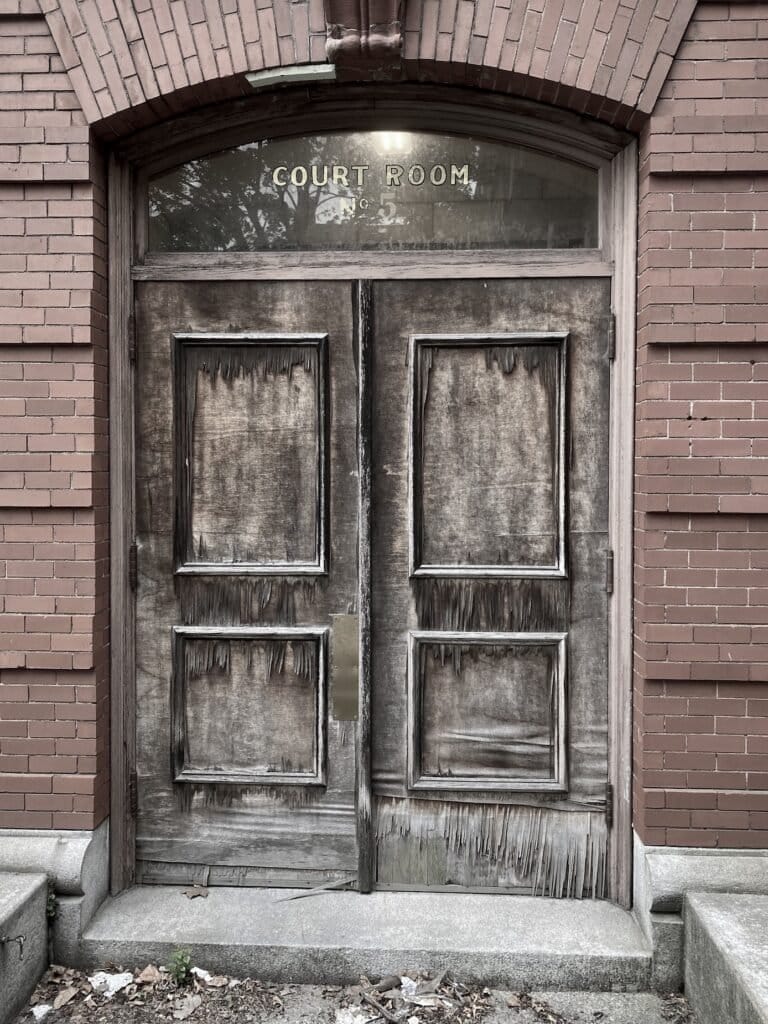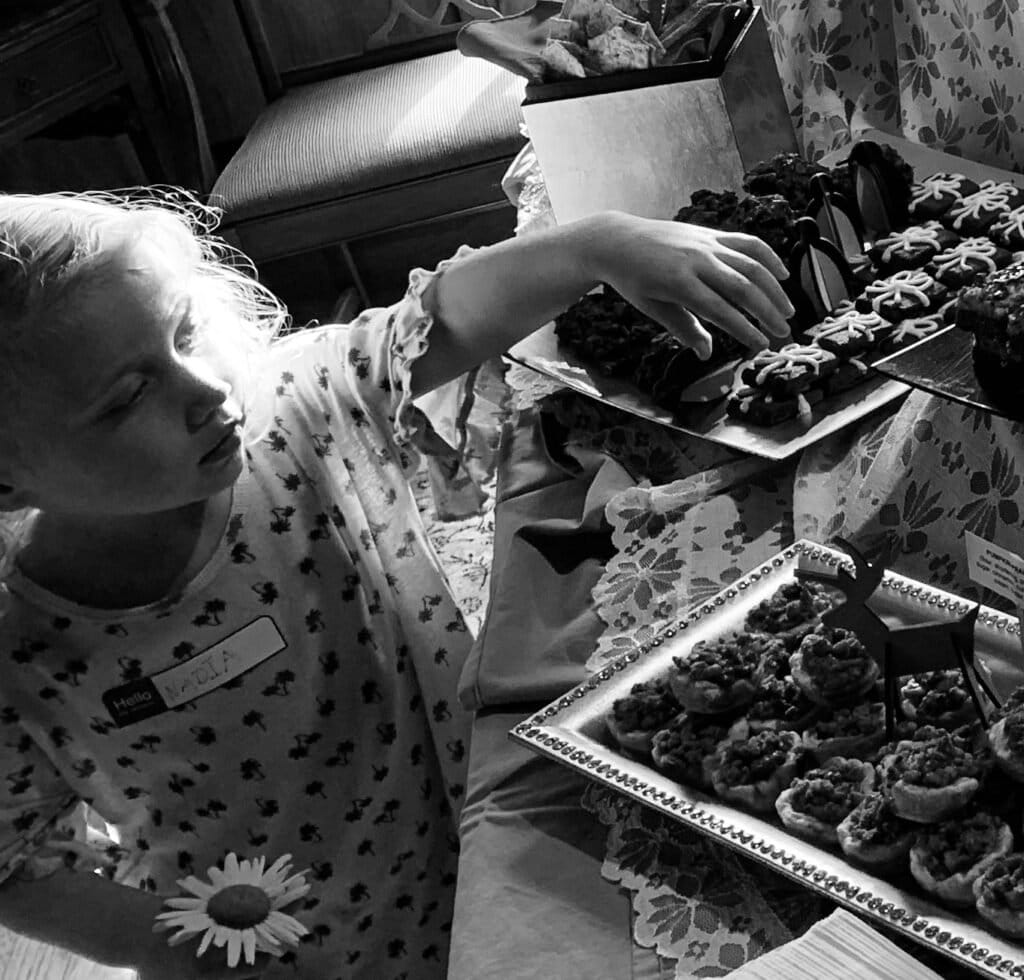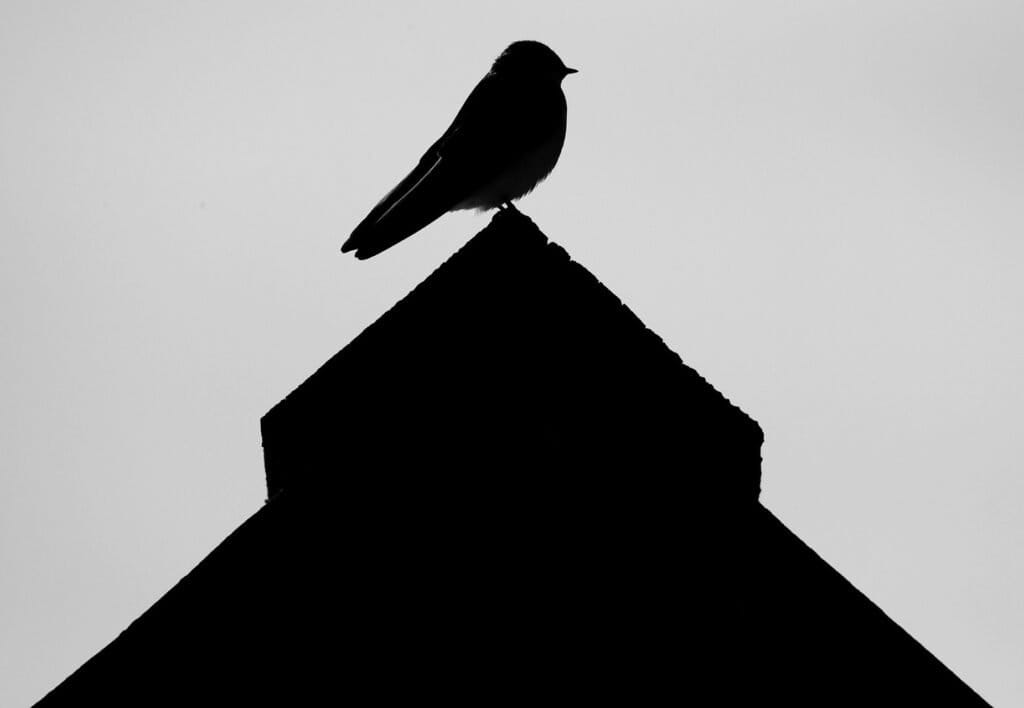Martha Nance

Courtroom No. 5

Where’s Danny?

pier
Martha Nance is a physician in Minnesota whose cellphone has a wandering eye, which gets rewarded mostly when she is not in Minnesota.

Courtroom No. 5

Where’s Danny?

pier
Martha Nance is a physician in Minnesota whose cellphone has a wandering eye, which gets rewarded mostly when she is not in Minnesota.

Child/Chocolate
Kathryn holds an English M.A. from UC Berkeley. Her poems have twice won Honorable Mention in the Steve Kowit Poetry Prize and the Patricia Dobler Poetry Award, and have twice garnered Special Merit for the Muriel Craft Bailey Poetry Prize. Her work appears in The Sun, Atlanta Review, and New Ohio Review, among others. She takes pictures when she’s not hiking and writing. Find her work at http://kathrynjordan.org

Swallow
John M. Blodgett is an editor, reporter, and photojournalist based in Southern Maine. He most recently was an editor at The Boulder Monitor in Boulder, Montana, and has staffed on or contributed to publications that include The Western News, The Press-Enterprise, The Daily Bulletin, The Sun, The Washington Post, The Boston Globe, The Center for Investigative Reporting, Daily Herald, Daily Inter Lake, Utah Business, Utah CEO and City Weekly. Blodgett has a master’s degree from the University of Missouri-Columbia School of Journalism. Learn more at johnmblodgett.com.

Gray Zones

Tunnel Vision
Larena Nellies-Ortiz is a freelance photographer from Oakland, California. Her photos have been featured in Sun Magazine, Barren Magazine, Indianapolis Review, Burningword Literary Journal, Local Wolves Magazine, Stonecoast Review, and 3Elements Review. She loves to color, texture and shadow hunt in the early morning hours. You can find her on Instagram @lalifish and at www.larenaortiz.com.

Under Pressure
Teresa Hyoju Chang is a South Korean artist who was born with a love for art, reading, and writing from an early age. Currently a student at Seoul International School, she takes a particular interest in the subjects of history and Spanish, and also participates in the swimming varsity team at school. As someone who always strives to create a medium for self-expression, Teresa loves combining her passion for writing, art, and design to convey a sense of truth. She has showcased her virtuosity by winning the Logo competition held for the 60th Anniversary of Diplomatic Relations between Israel and Korea. Her major inspirations include shifts or changes in one’s life, as well as the feeling of being directionless and lost.